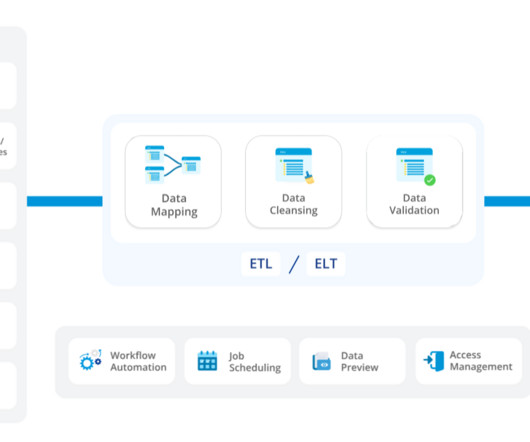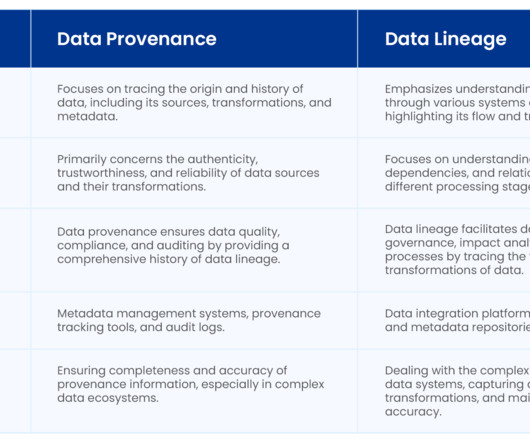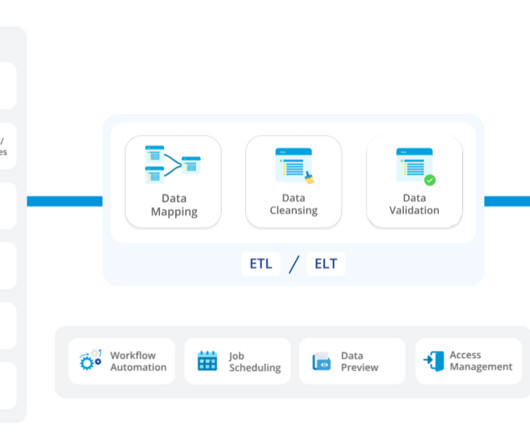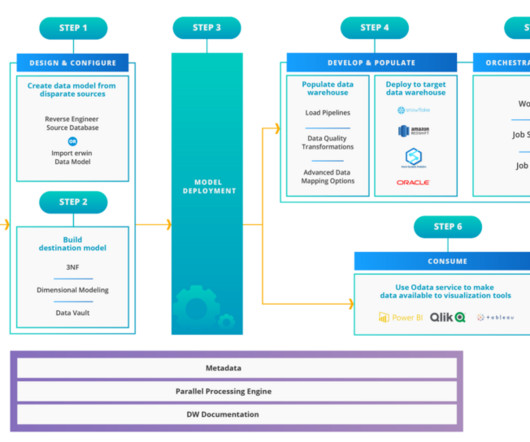Automated Credit Risk Assessment: How ETL Is Unlocking Better Investments
Astera
FEBRUARY 9, 2024
End-to-End Credit Risk Assessment Process The credit risk assessment is a lengthy process where banks receives hundreds of loan applications daily from various channels, such as online forms, email, phone, and walk-in customers. The data is stored in different locations, such as local files, cloud storage, databases, etc.














Let's personalize your content